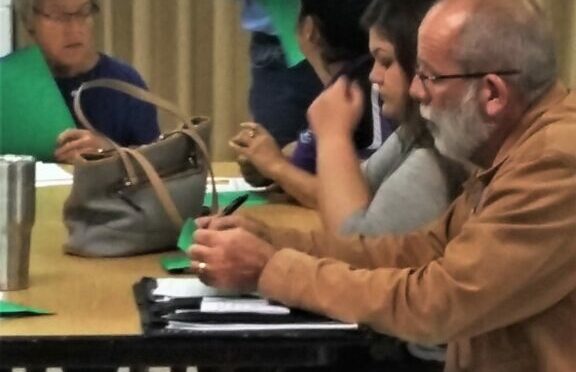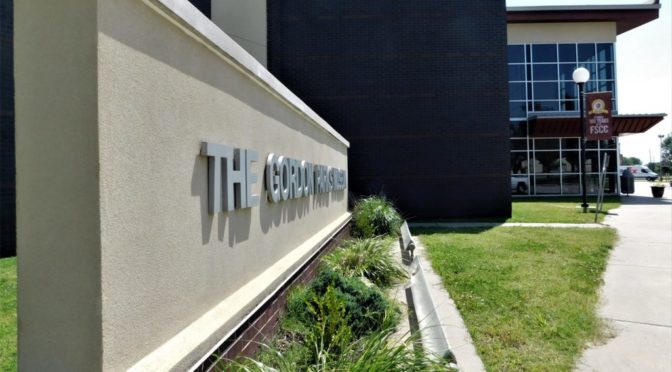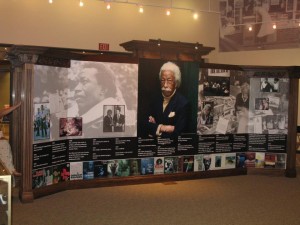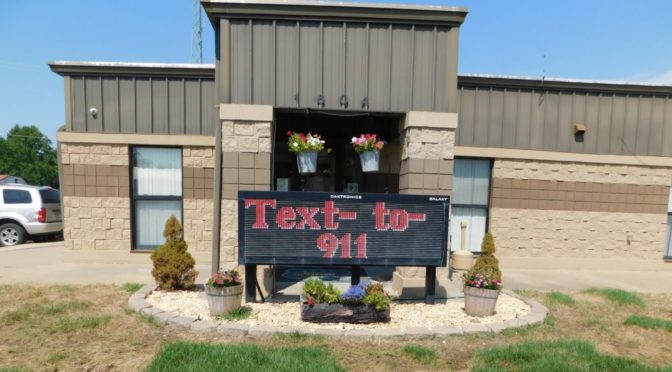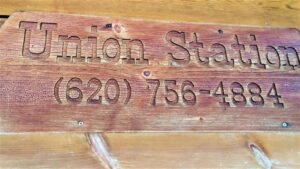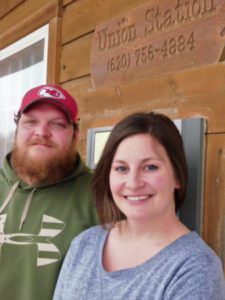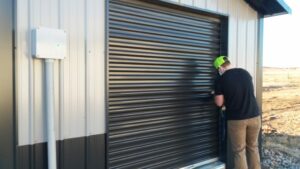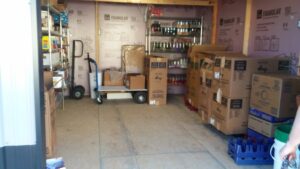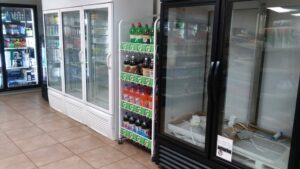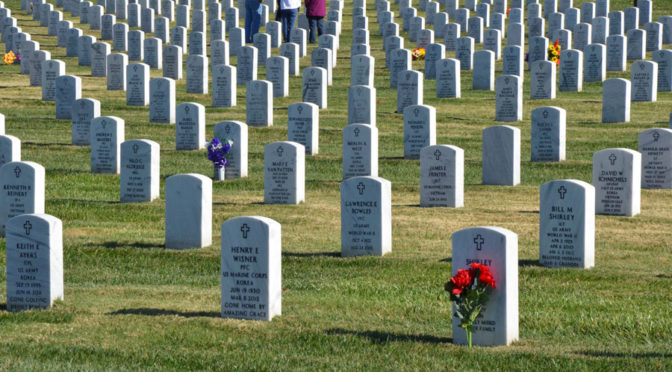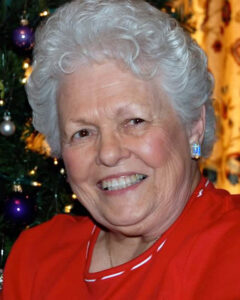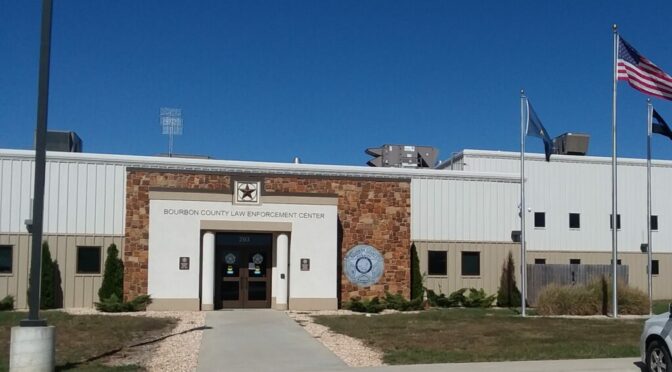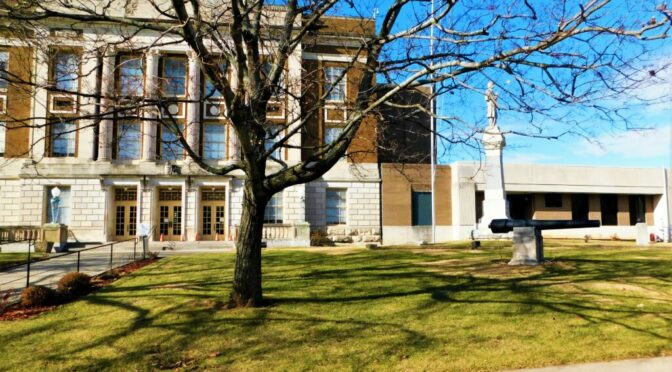Bourbon County Inter-Agency Coalition
General Membership Meeting Minutes
January 6, 2021
- Welcome: Sixteen members participated in the meeting. New board members Patty Simpson, Director, Fort Scott Housing Authority, and David Gillen, Director, The Beacon, were recognized. Billie Jo reminded members that the Board does have funds available; people in need just need to make application through The Beacon.
- Member Introductions and Announcements:
- Allen Schelleck, Fort Scott Compassionate Ministries and Salvation Army, reminded members that he still has some funds from the FSACF grant. He also noted that the Red Bucket campaign was not quite so successful as 2019; therefore, he will have about $1,000 less to assist Bourbon County families this year.
- Sandy Haggard, RSVP, mentioned that she is continuing to develop the calling program for senior citizens in Bourbon County. She needs seniors who wish to receive calls as well as volunteers to make the calls.
- Elizabeth Schafer, CASA and Feeding Families, shared that Feeding Families is currently serving about 300 people each week; the program also has some good used high chairs to donate to families in need.
- Ty Harnden, Aunt Bertha, reminded members that the organization can help find food assistance, help pay bills, and locate other free or reduced cost programs. Ty’s phone number is 913-717-5751.
- Cinda Reynolds and Nancy Van Etten, American Red Cross, shared that they are continuing virtual responses when called to a crisis. There is virtual training available for those wishing to volunteer with the Red Cross.
- Michelle Worsley and Shanett Jones, SEK-CAP Head Start, are still seeking applications for their programs.
- Patty Simpson, Fort Scott Housing Authority, has two handicapped accessible apartments available – one three bedroom and one two bedroom. She will have a couple of others available soon. Contact the Housing Authority office for more information.
- Celia Ruiz, United Health Care, mentioned that she is still available to assist with health care needs even though there are no health fairs being held during the pandemic. She also noted that clients should not have to be recertifying during this time.
- Mandi Woods, Healthy Families, shared that she is able to continue family meetings virtually; she recently conducted a very successful family read-along event.
- Christine Abbott, SEK Works, will continue working from home for another week. Virtual appointments are available on Monday mornings and Wednesday afternoons. She still has funds available for those who qualify. She also mentioned that she can provide computer loans for up to five days. The statewide job fair continues to be available online. Christine is also available to help those who have been victims of unemployment fraud.
- Dena Kemp, DCCCA, emphasized that prevention information has been sent to the Coalition email list; Dena can be reached at 620-218-2878 for more information. She is also working on a committee to form a statewide suicide coalition.
- Tammy Alcantar, Crawford County Health Department, noted that she is having good participation and outcomes from her Teen Pregnancy program. She also reminded members about the Healthy Beginnings Pre-Natal classes on the Zoom format that are available to any pregnant woman; contact Tammy to register. Car seats are available free of charge to parents who receive WIC or are on KanCare; others may be able to access car seats through the local police department or the Kansas Troopers in Chanute.
- LIEAP applications have been mailed to those who received LIEAP last year; others may now access the application on the DCF website. Applications will be available through March.
- Program (no programs for Zoom meetings)
- Open Forum: Following some discussion, consensus was to continue Zoom meetings. John, Thrive Allen County, will continue to act as host; Billie Jo will send information to join the meeting to members prior to February 3.
- Adjournment: Next General Membership meeting will be February 3, 2021.
